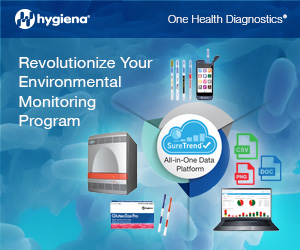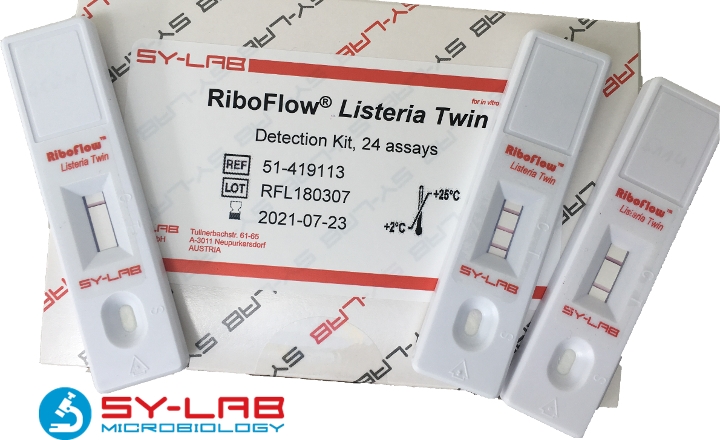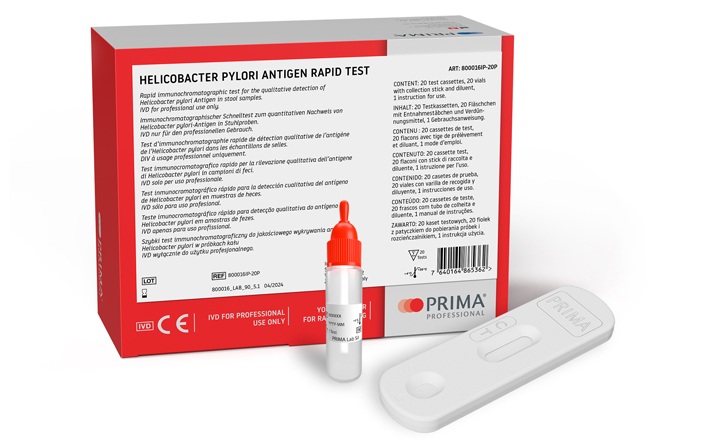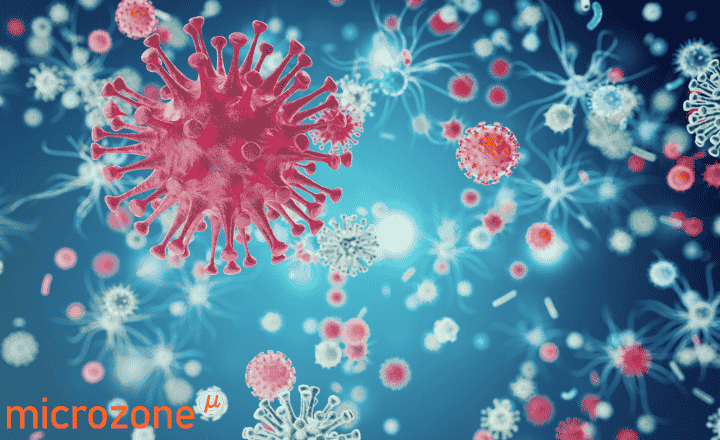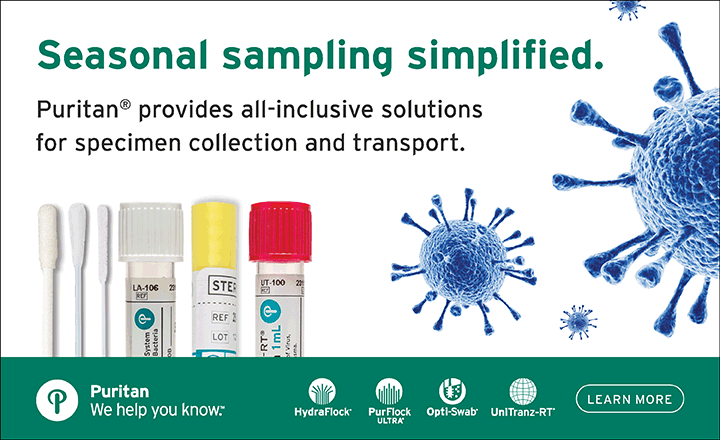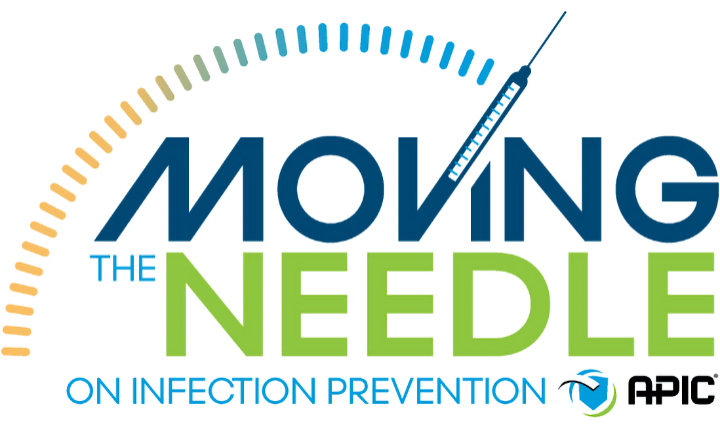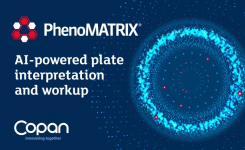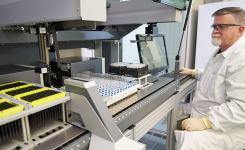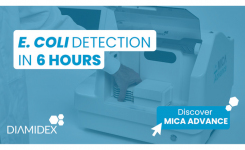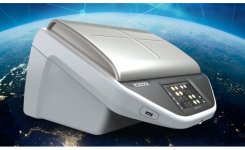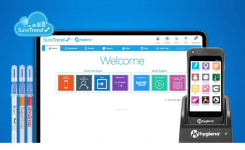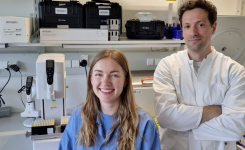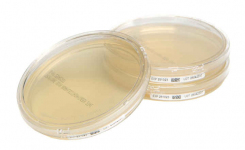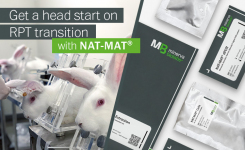A public health laboratory near New Dehli, India, has released data on its 'hotspot' COVID-19 testing regime which uses SD Biosensor's Standard Q COVID-19 Ag Kit to test 1200 samples per day.
The lateral-flow rapid antigen test is the first COVID-19 test deployed in the City of Gurugram on symptomatic people with Influenza-like Illness, asymptomatic patients who are high-risk contacts of an already confirmed case, people with co-morbidities and high-risk patients who are hospitalised or seeking hospitalisation.
If the antigen test shows positive, then that patient is confirmed to have COVID-19, however, if negative is recorded, only those showing flu-like symptoms will be further tested through RT-qPCR. Initially, the testing regime required any negatives to be further tested through RT-qPCR. But, in a recent statement to the press given by Dr Jai Prakash Sharma, the city's district surveillance officer, healthcare professionals only take a 2nd sample if the patient is showing symptoms. This would account for the low number of negative samples re-tested through RT-qPCR (approx 10%).
Data released by the Gurugram Health Department shows that out of the 3906 symptomatic people that showed negative on the antigen test, further testing through RT-qPCR showed 496 of them to be positive for COVID-19 (false-negative rate of 12%).
The introduction of this antigen testing regime on the 12th of June by India Council of Medical Research (ICMR) was seen as a relatively fast (30-minute sample-to-result) and inexpensive way of testing for COVID-19 compared to RT-qPCR. Each sample tested is said to cost approximately $10 and SD Biosensor says they have already sent 15 million tests to India over three weeks.
Before its approval by ICMR and the All India Institute of Medical Devices, AIMS-DEHLI, two clinical studies evaluated the test and reported a 99.3%-100% specificity and 50.6%-84% sensitivity. One of these studies was performed in Malaysia, which has now since implemented the kit into its testing regime along with Colombia.
Furthermore, SD BioSensor has also donated thousands of these kits to Georgia, Zimbabwe and the Philippines.
SD Biosensor, a South Korean company, has submitted the test, which is CE-IVD and Brazil ANVISA marked, with another antigen test that is based on time-resolved fluorescence, to the WHO/FIND independent evaluation studies. However, these results have not yet been released.



